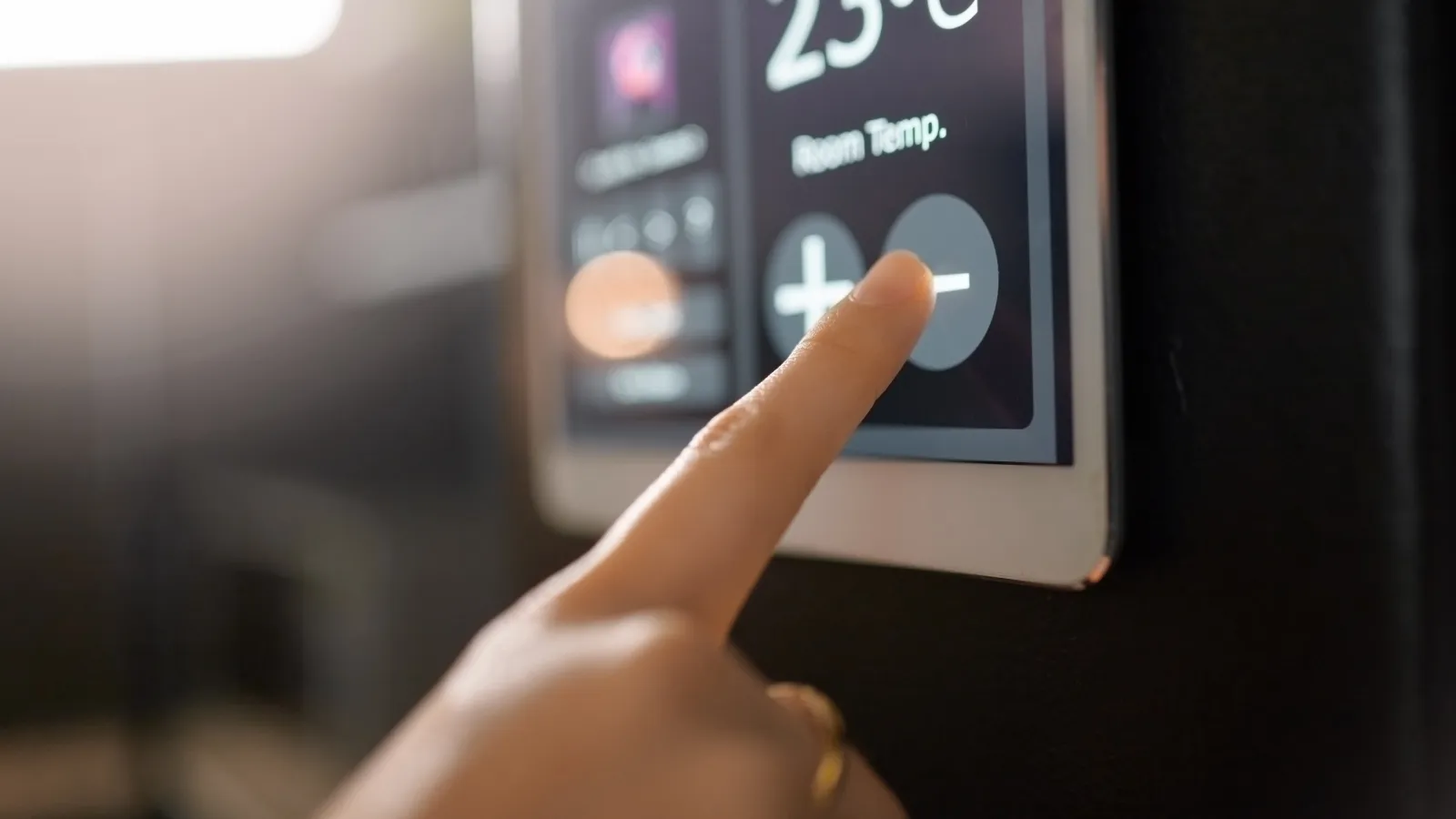In today's rapidly advancing technological world, the
concept of smart homes is becoming more than just a trend; it's quickly
evolving into the new standard. While many people think of smart homes in terms
of lighting, security systems, and entertainment, HVAC technology is playing a
crucial and often underappreciated role in this revolution. In this blog, we'll
explore how modern HVAC systems are integrating with smart home technology to
create more comfortable, energy-efficient, and convenient living spaces.
1. Integration with Smart Thermostats
Smart thermostats are one of the most well-known
advancements in HVAC technology. These devices can learn your schedule and
adjust the temperature accordingly, ensuring optimal comfort while saving
energy. They can be controlled remotely via smartphone apps, allowing you to
make adjustments on the go. The ability to integrate with voice-activated
assistants like Amazon Alexa and Google Home makes managing your home
environment easier than ever.
2. Zoning Systems for Personalized Comfort
Traditional HVAC systems often have a one-size-fits-all
approach, but modern systems offer zoning capabilities. This allows homeowners
to set different temperatures in different areas of the house, catering to
individual preferences. For example, you can keep your bedroom cooler while
maintaining a warmer temperature in the living room. This not only enhances
comfort but also improves energy efficiency by heating or cooling only the
areas that need it.
3. Energy Monitoring and Efficiency
Energy efficiency is a significant concern for homeowners,
both for environmental reasons and to save on utility bills. Advanced HVAC
systems now come with energy monitoring features that provide real-time data on
energy usage. This transparency helps homeowners make informed decisions about
their energy consumption and identify patterns or habits that may be leading to
unnecessary energy use. By adjusting their HVAC usage based on this data,
homeowners can significantly reduce their energy bills.
4. Predictive Maintenance and Self-Diagnosis
One of the most exciting developments in HVAC technology is
the move towards predictive maintenance. Modern systems are equipped with
sensors that monitor performance and detect potential issues before they become
serious problems. These systems can alert homeowners or service providers to
the need for maintenance, reducing the likelihood of unexpected breakdowns and
extending the lifespan of the equipment. Self-diagnosis features can also help
technicians pinpoint issues more quickly, making repairs faster and more
efficient.
5. Indoor Air Quality Management
With an increasing focus on health and well-being, indoor
air quality has become a top priority for many homeowners. Advanced HVAC
systems can now monitor and control air quality, adjusting ventilation and
filtration to maintain a healthy indoor environment. Some systems can even
detect specific pollutants and allergens, ensuring that the air in your home is
as clean as possible. This is particularly beneficial for individuals with
allergies or respiratory conditions.
6. Eco-Friendly Refrigerants and Sustainable Practices
The HVAC industry is also moving towards more sustainable practices, including the use of eco-friendly refrigerants that have a lower environmental impact. This shift is part of a broader trend towards sustainability in home building and renovation. By choosing HVAC systems that use these refrigerants, homeowners can reduce their carbon footprint and contribute to a healthier planet.
Conclusion
The future of smart homes is here, and HVAC technology is at
the forefront of this exciting transformation. By integrating with smart home
systems, offering personalized comfort through zoning, providing energy
efficiency insights, enabling predictive maintenance, enhancing indoor air
quality, and adopting sustainable practices, modern HVAC systems are making
homes more comfortable, efficient, and environmentally friendly. As technology
continues to advance, we can only expect these systems to become even more
sophisticated, offering even greater benefits to homeowners. Stay ahead of the
curve by embracing these innovations and making your home smarter and more
comfortable.

